Friday Notes - What’s in a Word?
What we call the rise in temperatures matters; reading for transformation; Friday Five - What to do in your garden right now
What’s in a Word? What We Call the Rise in Global Temperatures Matters
Since I wrote Tuesday’s reflection on understanding what it means to be a forced climate migrant, I have been thinking about the meaning of words. As a writer and a preacher, I know that words matter. When someone says, “oh it’s just semantics!” my response is, “yes! It is semantics! Semantics is about what words mean!” And although some differences in meaning don’t matter as much overall as it might to writers or preachers, for some things it really does matter what we call it. This is the case with the climate crisis.
Global Heating vs. Global Warming
I don’t know if you have noticed in my writing, or in my sermons if you have heard me preach, but I no longer use the phrase “global warming” to describe what is happening to the Earth as a result of greenhouse gas emissions. A few months ago, I subscribed to the Guardian Weekly because of its first rate coverage of, well, everything, but most especially the climate crisis. I quickly noticed that the reporters in that news magazine refer to the increasing rise in average global temperature to ‘global heating’. I looked into it, and the reasoning is that the term ‘global warming’ does not convey the dangerous situation we are in. The terms ‘global warming,’ and ‘climate change,’ according to the Guardian’s editor-in-chief Katharine Viner, “rather passive and gentle when what scientists are talking about is a catastrophe for humanity.”
Nor, I discovered, is the term ‘global warming’ accurate anymore. The planet is not simply warming; it is heating up at an alarming rate. We wouldn’t use the word ‘warming’ to refer to putting a kettle on to boil, now would we?!
We’re in a Climate Emergency
As well, ‘climate change’ is vague; it could suggest that the climate is going up or down, or changing in other ways other than the temperature itself. Thus, ‘climate crisis’ is better. I also like the reason that Seth Klein gives in his book A Good War: Mobilizing Canada for the Climate Emergency (2020):
“The value of seeing the [climate] crisis we face as an emergency is that it forces a new mindset - it jolts us out of a business-as-usual mode and demands that we steadfastly focus our attention on addressing the urgent task at hand.”
One thing that I have noticed, however, is that while many governments, from the local to the national level, are calling the climate crisis an emergency, most are not acting like it is one. For example, the city in which I live, Ottawa Ontario, declared a climate emergency on April 24, 2019. Yet, there is little evidence that the City Council is acting like it is, indeed an emergency. Calling something an emergency implies a responsibility to act accordingly. When a storm knocks out a lot of infrastructure and halts business as usual, we often hear a temporary ‘state of emergency’ called that allows the governing leaders to act expeditiously to bring in help. Business-as-usual slows down, in order to deal with the immediate needs created by that storm. We are not seeing that in the case of the climate emergency in most nations in the global North.
That said, language matters. It matters whether we use ‘safe’ and increasingly misleading terms like global warming or climate change, or we use the more accurate terms of global heating, climate crisis, and climate emergency.
What words do you prefer when talking about the climate crisis? What words matter to you?
Announcement: Paid Subscriptions Now Available
Friends, on Tuesday I ‘went paid’ here on Substack, as they call it. I set up the option for you to choose a paid or free subscription to Following in the World. By choosing a paid subscription, you will make it possible for me to build this work into a full-time ministry. My dream is to be able to devote my working hours to the work of offering this newsletter, writing books, giving talks, preaching, and presenting workshops on the climate emergency and the need for people of faith to respond. There is much to be done! Each paid subscription brings me closer to realizing this dream. Here is what you need to know in order to make a decision:
Paid subscription options include: a monthly subscription of $8 CAD/mo (less than $6 USD); a yearly subscription of $80 CAD/yr (17% cheaper than monthly); or become a Nourishing Member, with a suggested amount of $160 CAD/yr (can be any amount above $80).
Paid subscribers will receive:
The Tuesday newsletter, which is an essay reflecting on faith and the climate emergency;
These Friday Notes, which includes a shorter reflection, book recommendations, calls to action, pictures from within the Earth Community, and a curated ‘Friday Five’ of 5 things to check out, people to follow, podcasts to listen to, etc.
Occasional podcast recordings of sermons I have preached;
Ability to post comments; and
Access to the full archive of posts.
Nourishing Members will also receive a card of thanks in the mail from me!
Free subscribers will receive:
These Friday Notes and
occasional unlocked Tuesday essays.
I offer a 1-week free trial to all paid subscribers, to help you take some time to see if a paid subscription is right for you. If you cannot afford to pay right now, you are welcome to email me and receive a one-year paid subscription for free.
Not ready to commit to a subscription but want to offer some financial support? Buy me a coffee! Click on the cup: ☕
Whatever is right for you, thank you very much for your continuing support! Every open, comment, like, and share helps to build the energy and momentum for faith-based climate action.
Reading for Transformation
I often try to choose one older title and one newer title for book recommendations. So much has already been written that can become (relatively) timeless wisdom for us as we seek to respond to the climate crisis from a place of meaning and faith. The first book here is just one such book, that I have only discovered myself.
Refuge: An Unnatural History of Family and Place by Terry Tempest Williams (New York: Vintage Books, 1991, Third Vintage Books Edition 2018).
I have just started this classic by the environmental writer and essayist Terry Tempest Williams. While I had heard of her before, it was in learning about her experiences in the book Turning to Earth: Stories of Ecological Conversion (2003) by F. Marina Schauffler that I realized that I wanted to explore Williams’ vision and wisdom directly. Williams is an American writer and environmental activist who explores in her work themes of culture, nature, belonging, and place. Refuge was written in 1991; it is a memoir of Williams’ loss of her mother, and how she came to terms with that loss, and so much more, in relationship with the landscape in which she lived. Since then she has written many more books exploring themes of ecology, but I decided to start close to the beginning of her writing. Have you read her work? What has resonated for you? Please let us know in the comments.
I Want a Better Catastrophe: Navigating the Climate Crisis with Grief, Hope, and Gallows Humor by Andrew Boyd (Gabriola Island, BC: New Society Publishers, 2023)
Who can resist such a title? This is about as new as you can get, published in February. Struggling with a sense of overwhelm and ‘climate doomism, author Andrew Boyd went in search of major ecological figures (Jamey Hecht, adrienne maree brown, Joanna Macy, and Robin Wall Kimmerer to ask the question, “Is it really the end of the world? …if so, now what?” In the course of doing so, he was able to work through the existential questions and grief that is confronting him and so many of us, and come out with his dark sense of humour intact, and even some hope. This book is a sharing of that journey, with wisdom for all of us. I cannot wait to read it. Are you planning to read it, too?
Friday Five - 5 Things to Do in Your Garden Right Now
Leave the dandelions alone. They are a great food for bees!
Or, eat the dandelions! They are also a great food for us, and pretty safe to forage since most of us know what they look like, and don’t have to go farther than our front lawn.
If you rake or cut back your perennials from last year, leave the cuttings in your garden. They serve as mulch, and the insects that have left eggs among the leaves or in the stems will be able to hatch (a garden needs insects, especially the beneficial ones!)
It’s time to plant. Are you planting vegetables or flowers? I found a free chart for my zone on almanac.com super helpful to figure out when to plant what (and yeah, what zone I live in!)
It is time to let the grass go. It is labour- and water-intensive to keep up, anyway. How about planting native wildflowers and ground cover? Consider putting raised beds on your front lawn. You could grow Climate Victory garden! Seth Klein writes about this in A Good War; an organization called Green America promotes the idea, too.
That’s it for this week! I am off to head to my garden right now. Time to finish dealing with some troublesome weeds, and get my indoor seedlings out of the dining room and into the soil! Blessings on your weekend; may it be a green growing one in many ways! 🌍






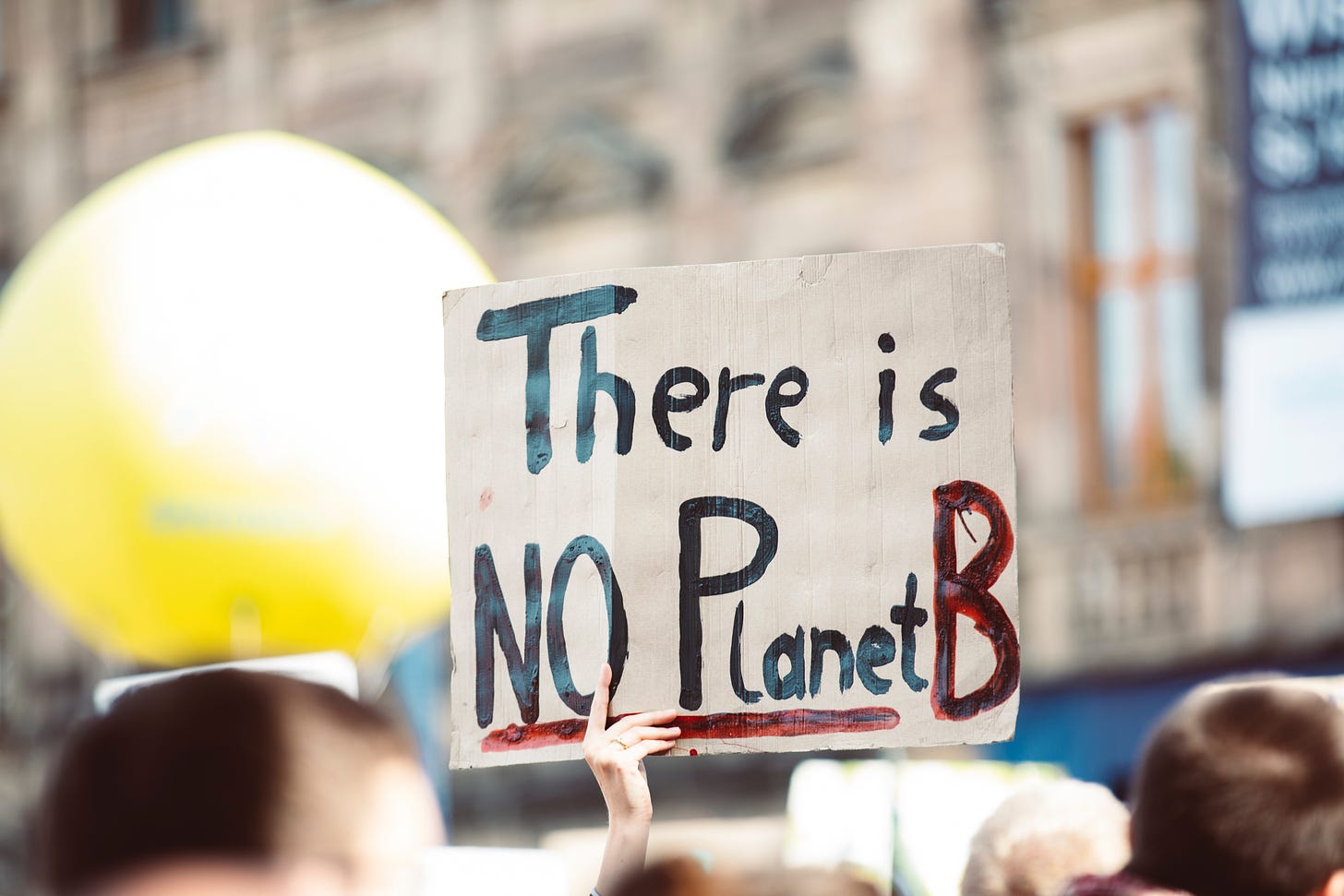
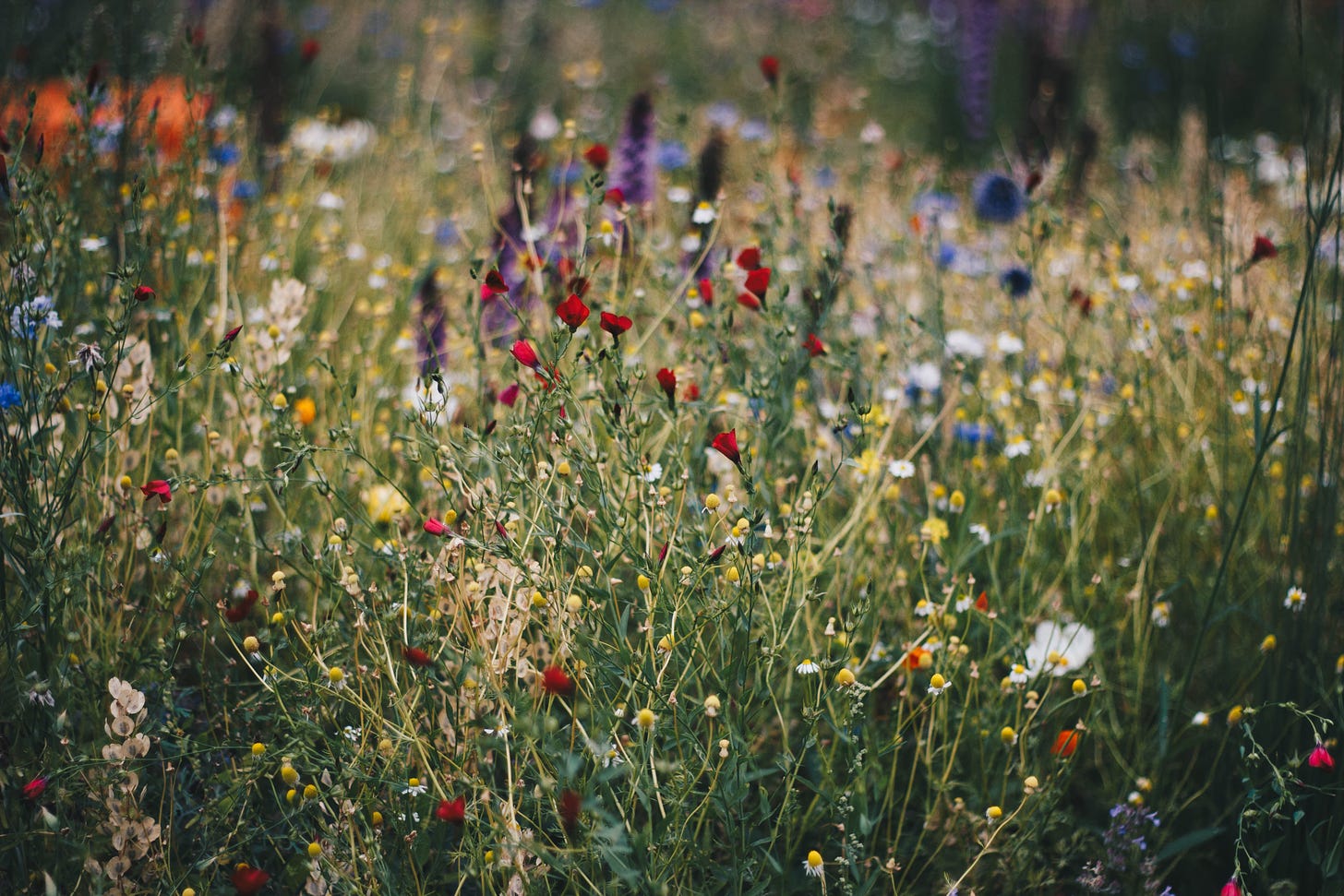
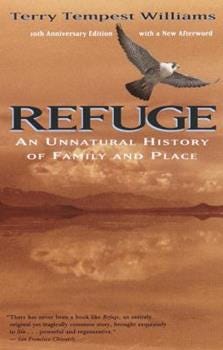
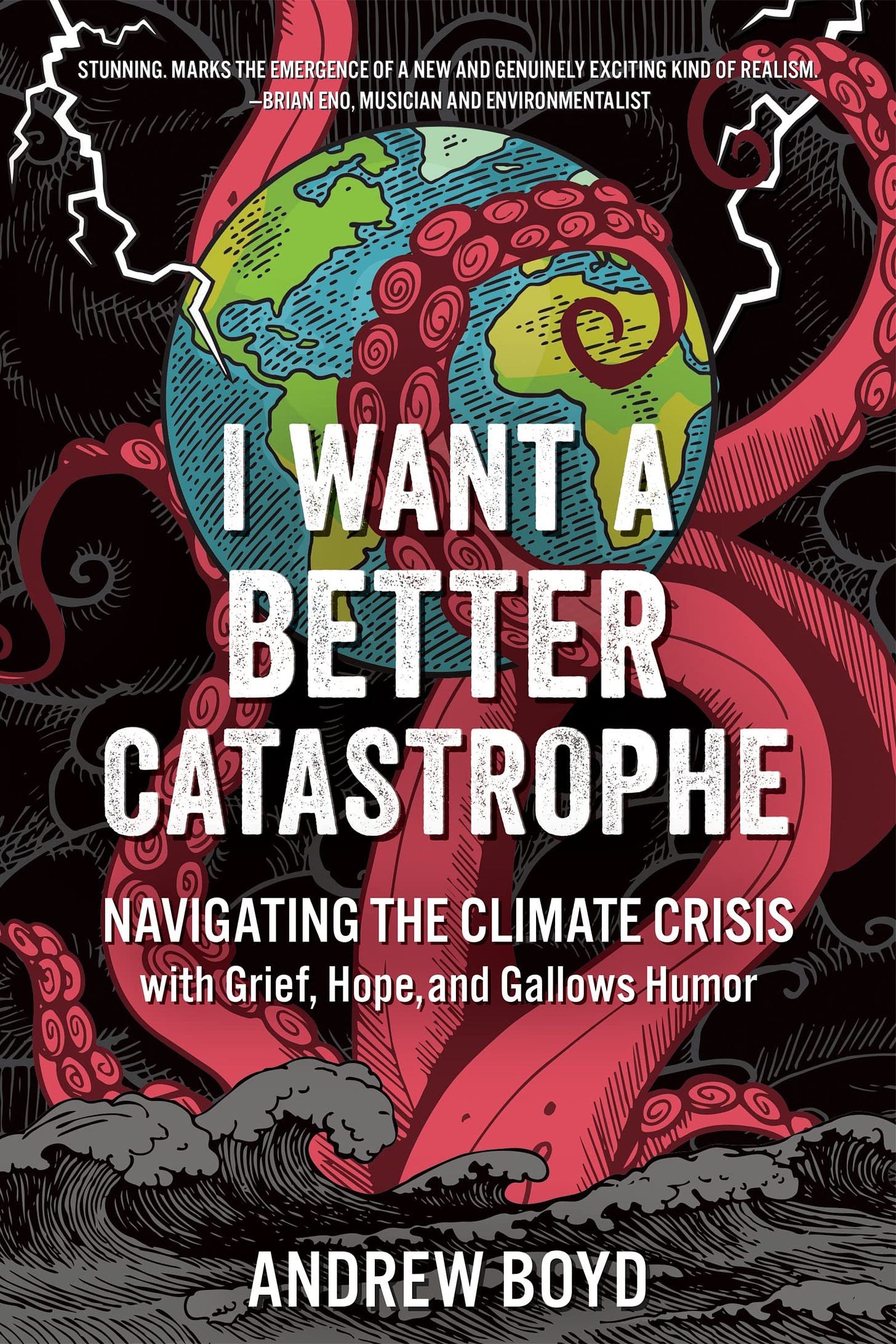
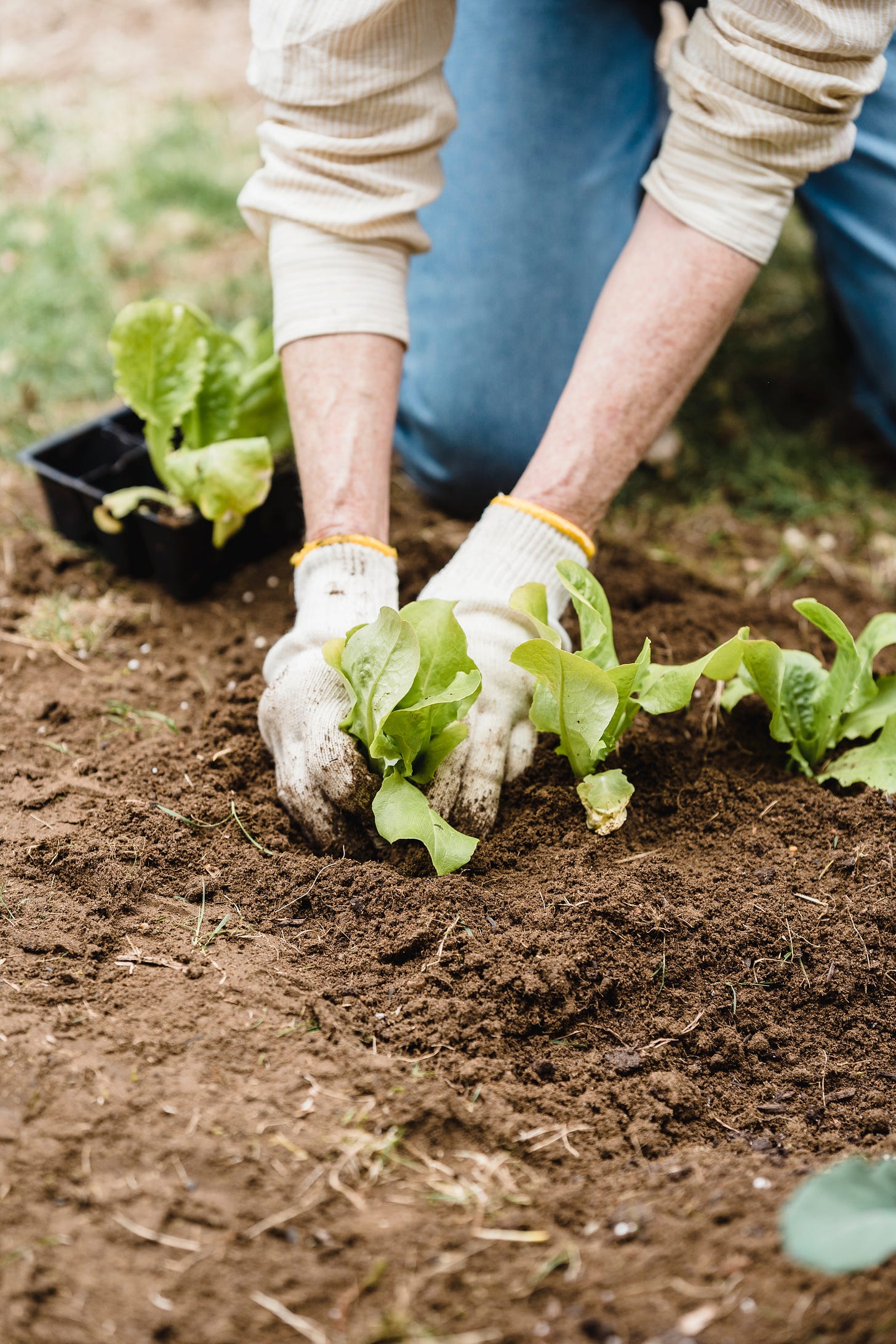
We use the words ‘climate disruption ‘ and. ‘ climate disruption mitigation’.
One of the reasons why it has been so difficult to rally ppl around the climate issue vs the ozone hole is said to be the wording.
Our grandmothers understand easily what a hole is but climate change is not as clear. Neither is emergency when we don't see anything most of the time.... Neither is warming when sometimes it is cooling... Heating, although technically accurate does not fit with our gut observations...
Scientists settled on Climate Change as technically appropriate wording, but they did not consult marketing experts or psychologists.
They were scientists and wanted to name a scientific issue not to rally people to help solve it.
Your question is an important one!!
You'll be a HERO, a SAVIOUR, when you find a good answer!! :)
Namaste